Spread the love
Just like humans, all animals require rest, but the ways in which they sleep can differ greatly. On average, humans need about 8 hours of sleep each night, but animals’ sleep needs vary widely based on their evolution, needs, habitat, and diet.
Numerous factors influence how much sleep an animal requires, making their sleep patterns fascinating to study. Here, we explore The Importance Of Sleep For Animals, some of the animals that sleep the most, rivaling the famously sleepy Pokémon, Snorlax.

You Can Also Like To Read This Blog Post:- Do Betta Fish Sleep At Night?
* Animals That Sleep the Most
1. Koalas
Koalas (Phascolartos) is often likened to real-life Snorlax due to their impressive sleep habits. These marsupials can sleep for 18 to 22 hours a day.
This extensive sleep is largely attributed to their diet of eucalyptus leaves, which are toxic and difficult to digest, providing limited nutrients. As a result, koalas conserve their energy by sleeping most of the day after eating.
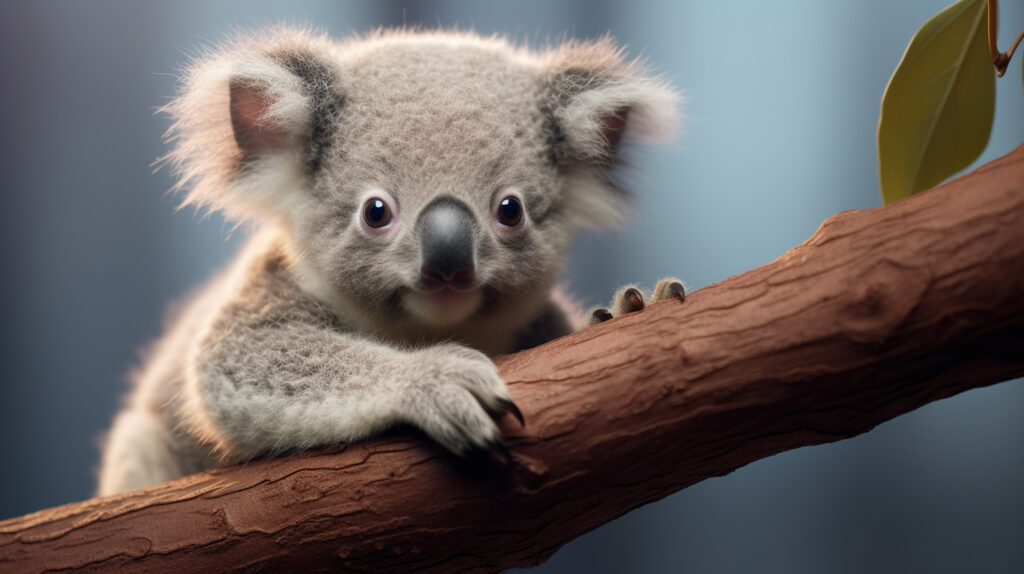
2. Little Brown Bats
Bats are generally nocturnal and known for their extensive sleep. The little brown bat (Myptis lucifugus) can sleep for an average of 19 hours a day, especially in captivity.
While this figure might vary in the wild, this lengthy sleep duration helps them conserve energy. These bats typically roost upside down in buildings, caves, trees, and even piles of wood.

You can also like this:- Do Fish Sleep
3. European Hedgehogs
There are several species of hedgehogs, all of which are notable for their love of sleep. Being nocturnal, hedgehogs sleep during the day.
The European hedgehog (Erinaceus europaeus) sleeps for about 18 hours a day. With little to do during daylight hours, these animals essentially sleep the day away.
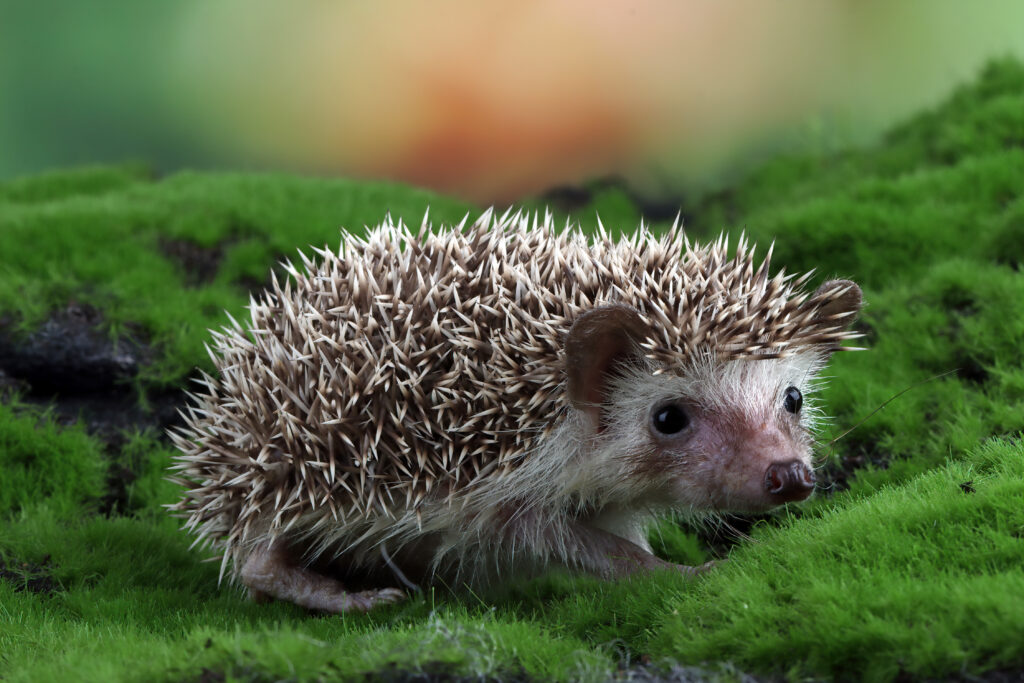
4. Giant Armadillos
The giant armadillo (Priodontes maximus) is one of the largest armadillo species, known for its powerful build and tough bony scales. Another nocturnal sleeper, the giant armadillo spends 16-18 hours a day asleep, primarily in burrows they dig themselves. They use their third claw like a spade to create their own sleeping quarters.
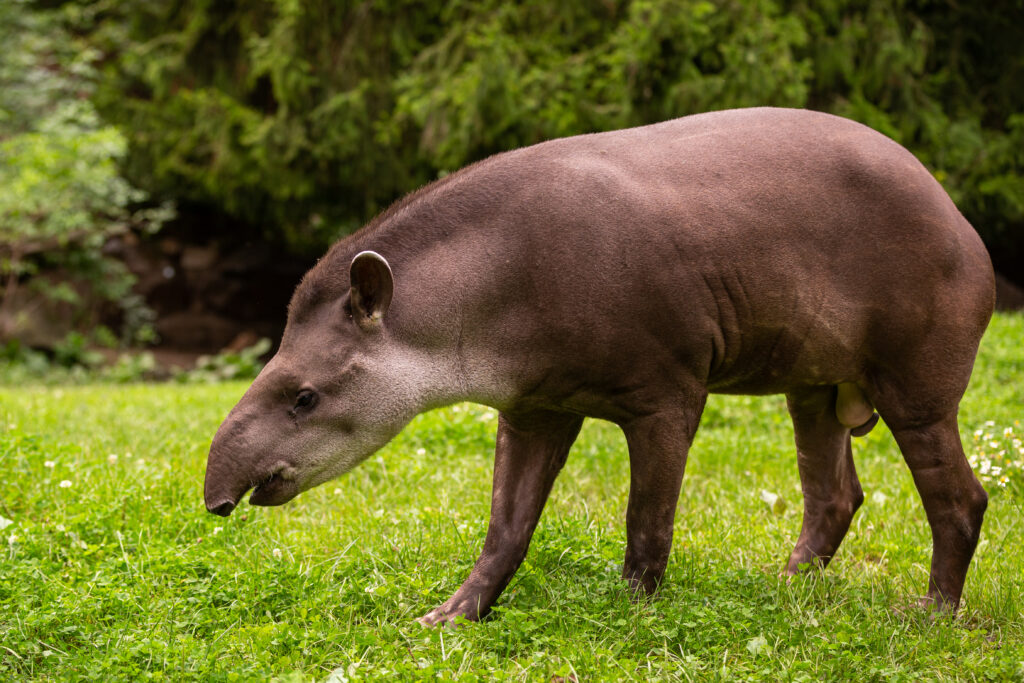
5. Brown-Throated Three-Toed Sloths
Sloths are famously slow and equally known for their lengthy sleep. The brown-throated three-toed sloth (Bradypus variegatus) sleeps for about 14 to 16 hours a day. Unlike other nocturnal animals on this list, these sloths sleep both during the day and night, remaining active for only 2-3 hours at a time. They can sleep with their eyes open in an alert state or with their eyes closed, suspended from a tree.
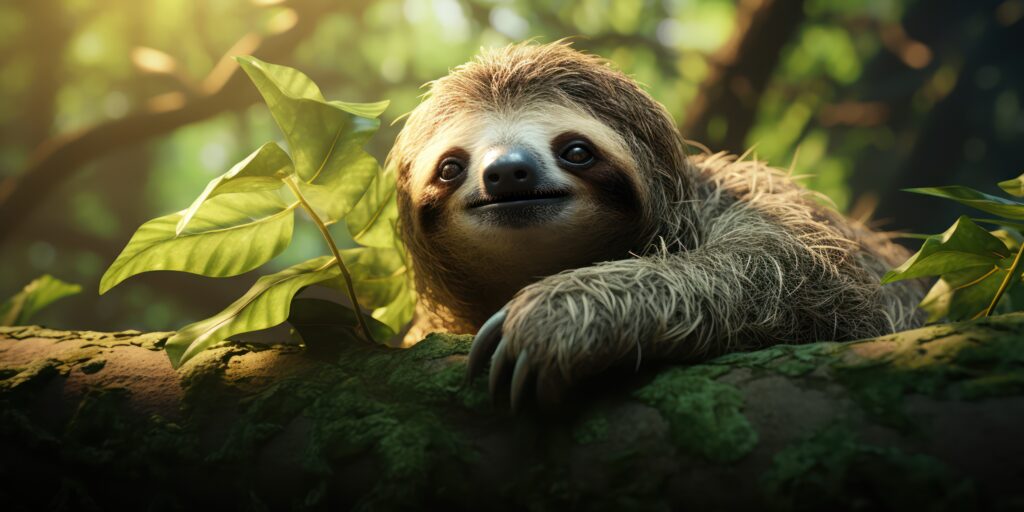
* The Difference Between Sleep and Hibernation
One might assume that hibernating animals sleep more than the ones listed above, but hibernation and sleep are fundamentally different. Hibernation is an extended form of torpor involving significant physiological changes, such as drastically reduced metabolic rate, body temperature, heart rate, and breathing rate. While sleep also involves changes in these parameters, they are far less dramatic compared to hibernation.

The Importance Of Sleep For Animals

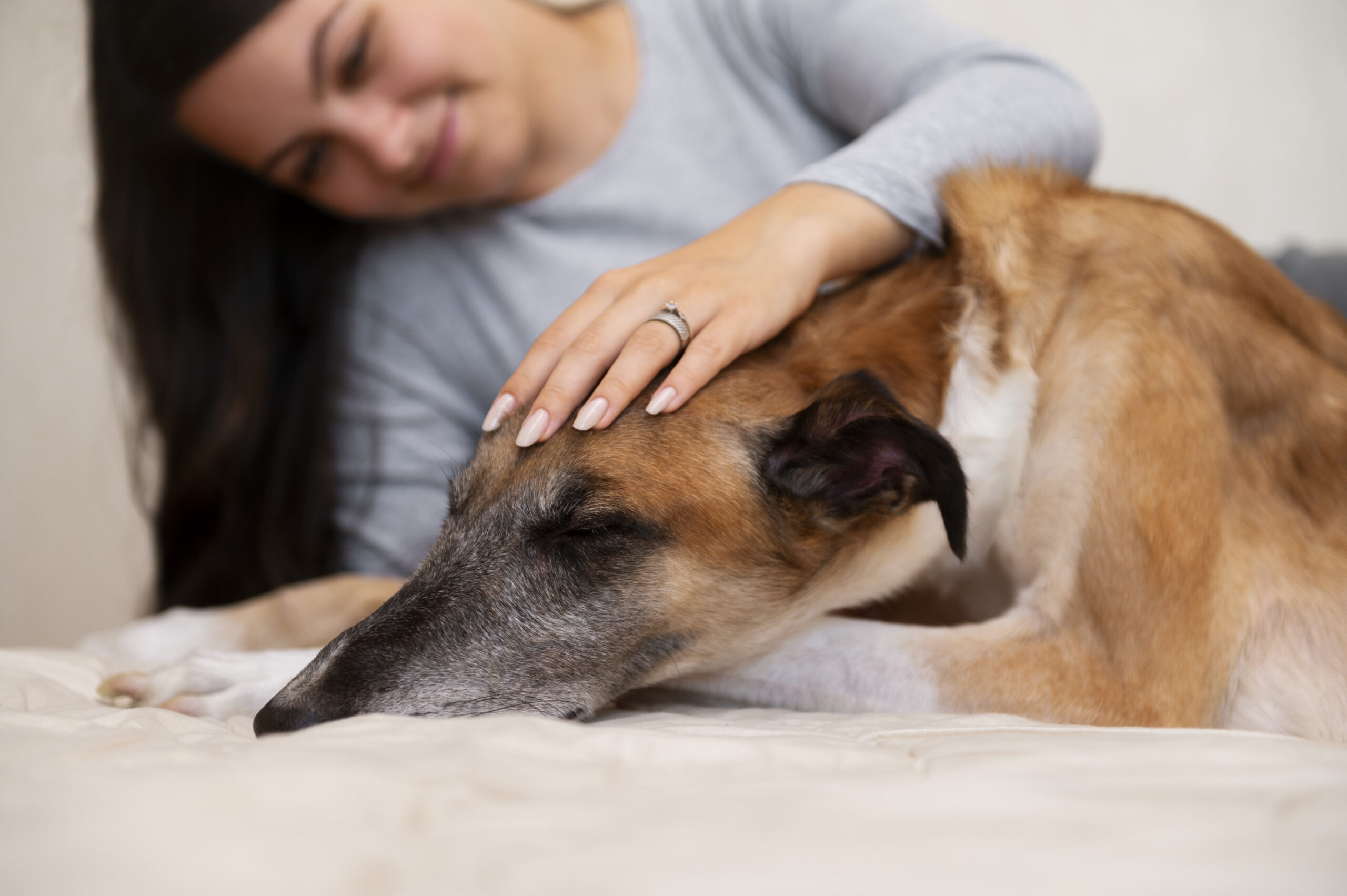
4 thoughts on “The Importance Of Sleep For Animals”